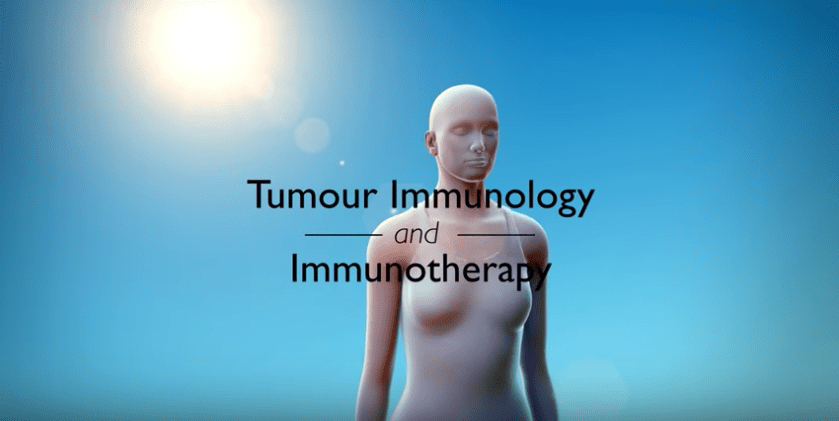Adult Stem Cell Therapies for Neurological Conditions
Neurological disorders include various different diseases that affect the nervous system, including the brain, spinal cord, and nerves. Stem cell therapy has emerged as a promising avenue for treating neurological conditions, offering the potential to restore physiological functions and protect against neurodegeneration.
Complemented by supportive therapies like REVIVE Exosomes, REPLAY Placenta Extract, IV laser blood irradiation, neuropeptides, and RNA therapy, our stem cell treatment programs at Bangkok Stem Cells (BSC) aim to address the root causes of neurodegenerative diseases and support the healing process.
Understanding Neurological Disorders
The nervous system, comprising the brain, spinal cord, and nerves, regulates all bodily functions. Disruptions in this intricate system can manifest in a spectrum of symptoms, affecting movement, speech, swallowing, breathing, and cognitive function.
With over 600 neurological diseases identified, causes range from genetic factors to environmental influences, infections, injuries and autoimmune reactions. At BSC we have treatment programs for many different neurological disorders including:
A stroke, a life-threatening condition, occurs when blood supply to the brain is obstructed, leading to cell death and potential disability. Ischemic strokes, caused by blood clots, account for the majority of cases, while hemorrhagic strokes result from burst blood vessels. Stem cell therapy holds promise in restoring damaged neural tissues, offering hope for stroke survivors.
MS, an autoimmune condition, involves the immune system mistakenly attacking the protective myelin sheath around nerves, leading to impaired nerve function. Stem cell treatments aim to modulate the immune response and repair damaged myelin, potentially improving the quality of life for individuals with MS.
Characterized by a loss of nerve cells and reduced dopamine levels in the brain, Parkinson's disease affects movement regulation. Stem cell therapies target the underlying causes, potentially slowing the progression of the disease and alleviating symptoms.
Persistent pain can trigger maladaptive brain and immune responses, leading to a cluster of symptoms affecting various bodily functions. Stem cell therapy offers a potential solution by addressing the root causes of chronic pain and promoting overall healing.
Motor neuron disease, including ALS, results in the progressive degeneration of nerve cells, leading to muscle weakness. Stem cell treatments aim to halt neurodegeneration and support muscle function, providing a potential avenue for managing this rare condition.
Muscular dystrophy, a group of diseases causing progressive muscle weakness, results from genetic mutations affecting protein production. While the progression varies, stem cell therapy may offer a way to address the underlying genetic issues and potentially slow the disease's advancement.
Dystonia, a movement disorder causing muscle spasms, is thought to be rooted in neurological issues. Stem cell therapy seeks to modulate these underlying problems, providing a potential avenue for alleviating symptoms and improving movement control.
CP, a group of movement disorders emerging in early childhood, can result from various causes, including brain damage and infections. Stem cell therapy may offer a therapeutic option to address the neurological components of CP, potentially improving coordination and reducing symptoms.
Peripheral neuropathy, causing weakness and numbness, has diverse causes such as diabetes, infections, and exposure to toxins. Stem cell therapy aims to repair damaged nerves and restore normal function, offering a potential solution for neuropathic conditions.
Ataxia, characterized by a lack of coordination in muscle movements, may result from various conditions. Stem cell therapy holds promise in addressing the neurological damage underlying ataxia, potentially improving coordination and reducing associated symptoms.
Our Approach to Treating Neurological Disorders
At BSC we offer advanced regenerative solutions for neurological and neurodegenerative diseases. Our treatment approach is centered around the targeted administration of highly potent early passage Umbilical Cord Mesenchymal Stem Cells (UC-MSCs) also known as “Golden Cells”. Our patients typically experience significant improvements in symptoms, reduced requirements for medications and improved quality of life.
Benefits of Stem Cells for Neurological Disorders
Benefits of mesenchymal stem cells for neurological disorders include:
- Restored physical and cognitive function
- Balanced immune function
- Modulation of an overactive immune system
- Reduced chronic inflammation
- Increased cellular repair and regeneration
- Enhanced cellular protection and repair
- Reduced premature cell death
Patient Results
The therapeutic application of stem cells in conjunction with supportive therapies to enhance MSC efficacy can provide transformative results for patients. Our patients frequently report results such as:
- Improved mobility
- Increased energy levels
- Better mood
- Pain reduction
- Reduced numbness
- Normalized bowl and bladder function
- Reduction or disappearance of lesions
Stem Cells for Stroke – A Stunning Case Study
The following video shows how adult stem cells are being used at Stanford University to treat stroke patients. The clinical trial shows very impressive clinical outcomes. Patients that were not improving after having a stroke experienced remarkable results following stem cell therapy.
There are currently over 100 published peer-reviewed clinical trials using adult stem cells to treat stroke safely and effectively. Not all technologies require a hole to be drilled in the skull for the stem cells to be effective. If the cells are naive and activated, they will cross the blood brain barrier and migrate to the damaged brain tissue.
Contact Us
If you’re interested in finding out more about our treatment approach and would like to arrange a free consultation with our medical team, please don’t hesitate to reach out.
SUBMIT A SHORT SUMMARY FOR A COMPLIMENTARY CONSULTATION.


